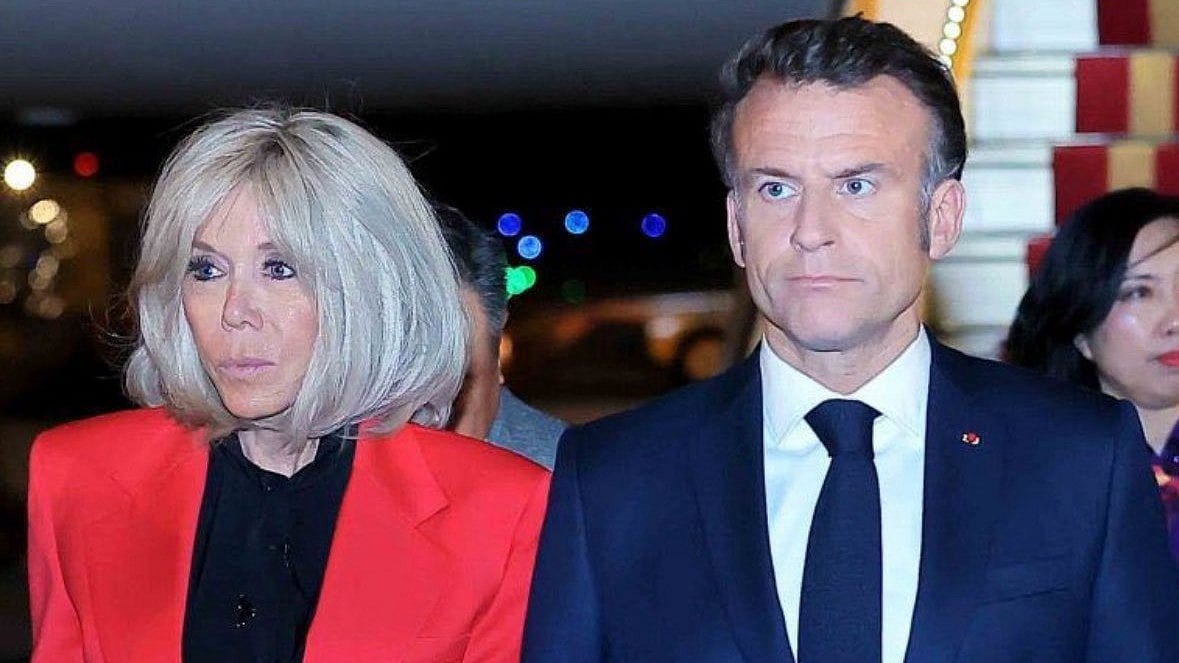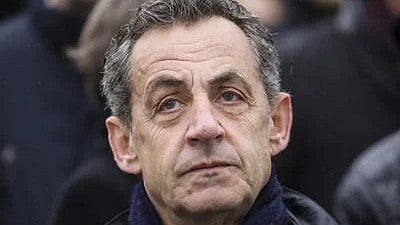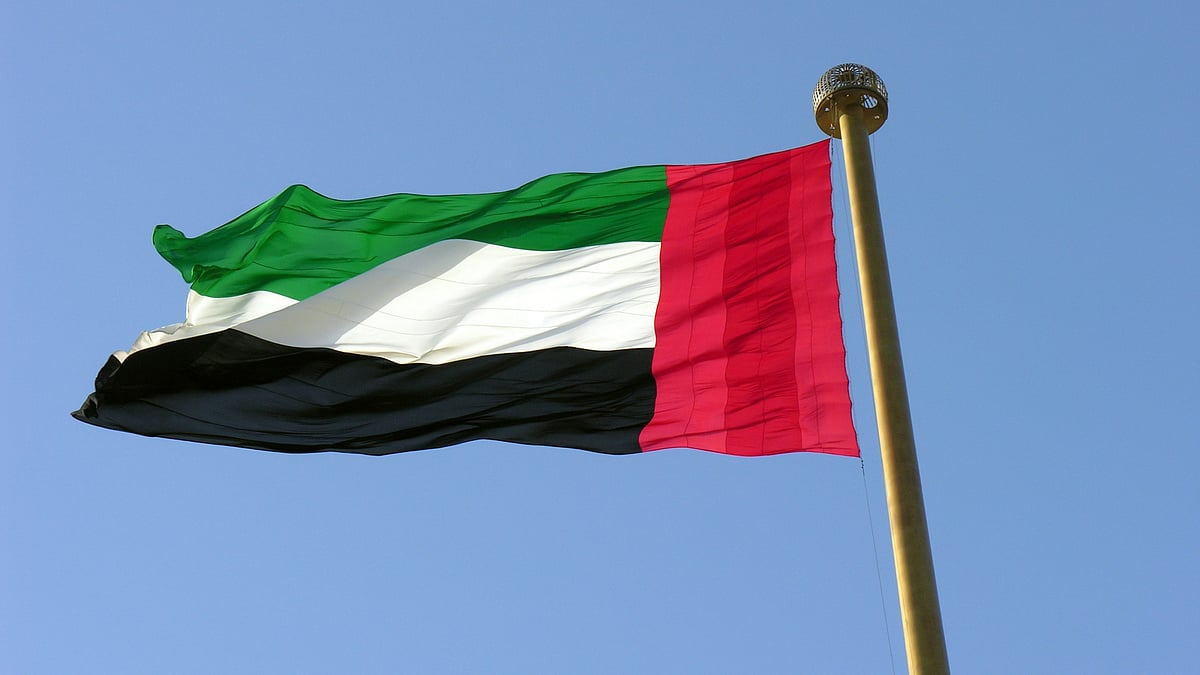Paris: The five-year prison sentence for former French president Nicolas Sarkozy over conspiracy in the Libyan funding of his 2007 presidential campaign has shaken the political milieu in France. The verdict was passed by the Paris Criminal Court last week, making it the first time that a French head of state has been sentenced to prison, marking a major volte-face in the attitude of the judiciary—to bring even the big cheese to justice.
The ruling echoes the republican principle of equality before the law, first declared during the French Revolution of 1789. For decades, this ideal existed more in theory than in practice, with political elites shielded from scrutiny. Sarkozy’s conviction suggests a judicial system determined to bridge that gap. By refusing to bow to political influence, the French judiciary has reaffirmed its role as an independent referee.
This is the result of reforms dating back to the 1960s, as the National School of the Judiciary and judicial unionism paved the path to an independent bench. Since then, French judges have gone after corruption cases involving high-profile business personalities as well as politicians. Sarkozy's fall is a classic example.
It has polarized the political establishment of France. Allies of the former president denounce what they decry as a “government of judges,” saying the rising power of the courts is a menace to French institutions. Senator Stéphane Le Rudulier called for a “grâce presidentielle” or Presidential pardon. But some view the decision as a landmark in fortifying democracy. As they see it, accusations about “judicial activism” are efforts to protect entrenched elites. To them, judicial autonomy is key to securing the rights of citizens as well as making the law apply equally to everybody.
Sarkozy's recent conviction is the most severe among a long line of judicial thrashings. In the beginning of 2025, the French Court of Cassation, the highest French court, upheld his one-year sentence under electronic surveillance for corruption during the so-called “tapping affair,” during which he and his lawyer sought to gain secret information from a judge. He was also prohibited from holding public office for three years. In the Bygmalion case, concerning unwarranted spending during his 2012 presidential campaign, he received a further sentence of one year, largely under electronic monitoring.
Meanwhile, prosecutors continue to investigate Sarkozy’s dealings with Russia and his alleged involvement in Qatar’s successful 2022 World Cup bid. Some cases, however, have collapsed—donations from heiress Liliane Bettencourt and privately funded trips were dismissed, while presidential immunity shielded him in the “Élysée polls affair.”
Now, the latest verdict underscores how far the French judiciary has reached. Once seen as deferential to political authority, it is now asserting its independence with growing confidence. While critics warn of judicial overreach, others hail the decision as proof that French democracy is evolving. Sarkozy's conviction is more than a personal defeat; it is a milestone for the maturing balance of power in France. It reveals that the highest office is also open to inquiry, that the justice system no longer falls under political prerogative.









